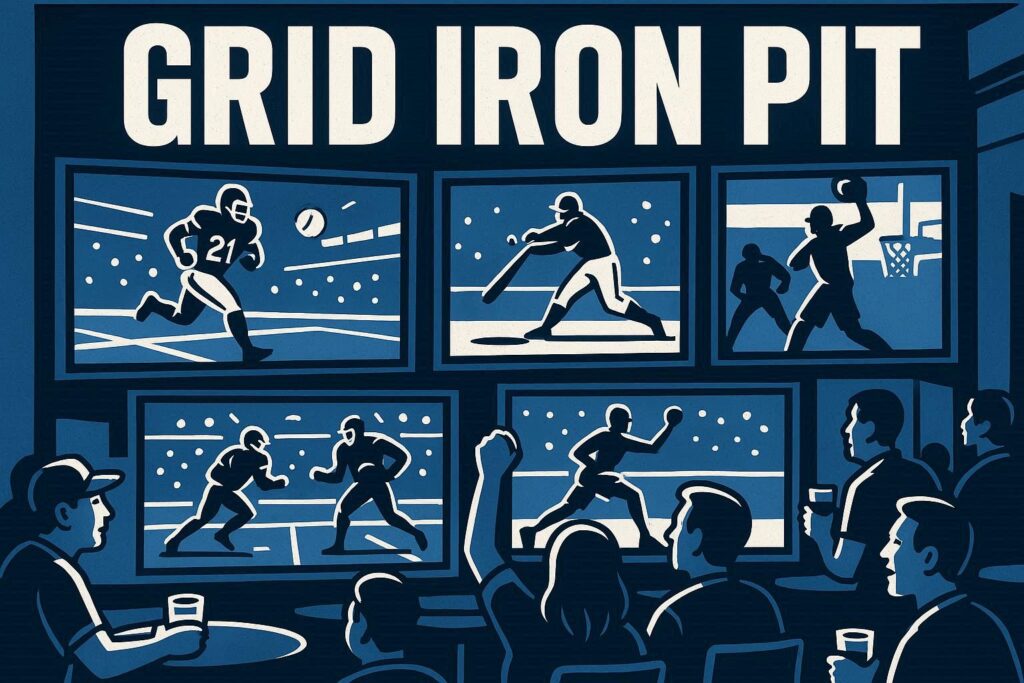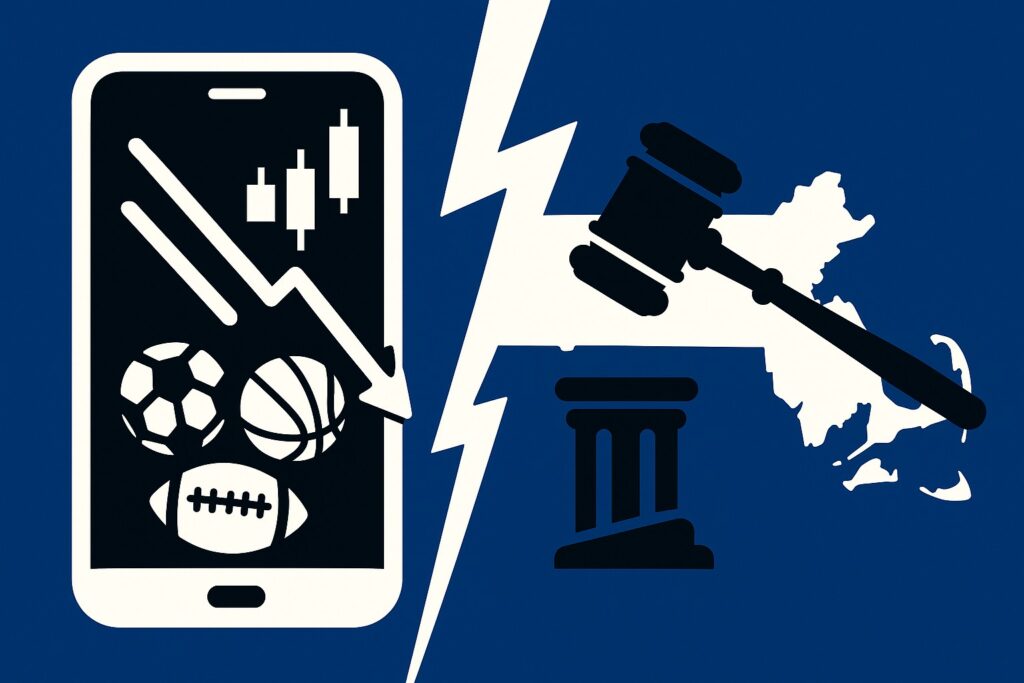If they haven’t already, online sportsbooks and casinos in New Jersey better prepare to dig deeper into their pockets to continue operating in the Garden State.
Fortunately, however, they won’t be paying as much as Gov. Phil Murphy had initially proposed.
Early this week, lawmakers in the state agreed to raise taxes on digital gambling in New Jersey, with mobile sportsbooks and online casinos in line to pay 19.75% of revenue to state coffers. While that figure is up from 13% for sportsbooks and 15% for iGaming operators, it is well below the proposed 25% levy that Murphy included in his budget proposal in February.
The decision comes as the legislature faces a July 1 deadline to pass the state budget.
Murphy: Increased tax rate about fairness
In the week leading up to the decision to reset online gambling taxes to 19.75%, Murphy told The Press of Atlantic City that the state was looking to reach a balance between increased revenue and fairness to the gambling industry and its patrons.
“We want to be competitive,” Murphy said at the time. “We want to be fair to our taxpayers, and we want to be fair to those who participate in the industry.”
Citing New Jersey as a trailblazer for spearheading efforts to strike down PASPA in 2018 and clear the path for states to have their own regulated gambling industries, Murphy hinted at a responsibility to continue to serve in that role.
“We’re proud of the progress that we’ve made since we established ourselves back in 2018, and we want to further that progress,” he said. “We want to do it in a way that works, that’s balanced for the participants, that works for the state and works for our taxpayers.”
NJ gambling industry pushes back
It comes as no surprise the amount of pushback that arose when Murphy first proposed the 25% rate earlier this year.
For starters, the Casino Association of New Jersey, namely President Mark Giannantonio, emphasized that implementing such a drastic tax hike will only hurt the burgeoning gambling industry.
Giannantonio, who is also president and CEO of Resorts Casino Hotel, said that upping the tax rate would actually result in “diminishing returns,” as consumers would shift away from licensed operators to the offshore market.
Jeff Ifrah, co-founder of the iDevelopment and Economic Association, had a similar response.
“New Jersey’s legal online gaming and sports betting industry has been a national success story, generating billions in economic activity, supporting thousands of jobs, enacting regulation that protects consumers, and delivering significant tax revenue for the state,” Ifrash said.
“It is baffling why the governor would seek to undermine this by imposing even more taxes on an industry that is already exceeding its economic promise.”
If that weren’t enough, David Lowenstein, associate director of financial analytical firm Fitch Ratings, provided a warning that increasing tax rates for online gambling operators “could dampen the online gaming sector’s positive growth momentum.”
Industry warns of negative impact to state economy
Lowenstein added that by implementing higher charges could result in operators “to consider the same kind of customer-unfriendly surcharges” that other states have seen after hiking up tax rates.
That was the message put forth by the Sports Betting Alliance around the time Murphy included the 25% rate in his budget proposal.
The trade group – which consists of heavy-hitters such as BetMGM, DraftKings, FanDuel and Fanatics – encouraged individuals to sign letters addressed to lawmakers in various states, including New Jersey, to refrain from increasing taxes.
The message was straightforward: Hiking up taxes could lead to fewer promotions and worse odds for bettors, and, as a result, would drive customers away from licensed operators and toward illegal, offshore platforms – thus negatively impacting the state’s economy.
How new tax rate would have looked last year
While not Murphy’s desired 25%, online gambling taxes will rise nonetheless, making New Jersey the third state to sign off on an increase, joining Louisiana and Maryland.
According to Truist, the new tax rate – if in place last fiscal year – would have resulted in FanDuel paying an extra $67 million in taxes ($29 million from sports betting, $38 million from online casino). DraftKings would have written a check for an additional $56 million ($20 million, $36 million), while BetMGM would pay another $27 million.
For perspective, online sports betting in New Jersey generated some $138.3 million in tax revenue last year, while internet casinos drove another $358.3 million.




